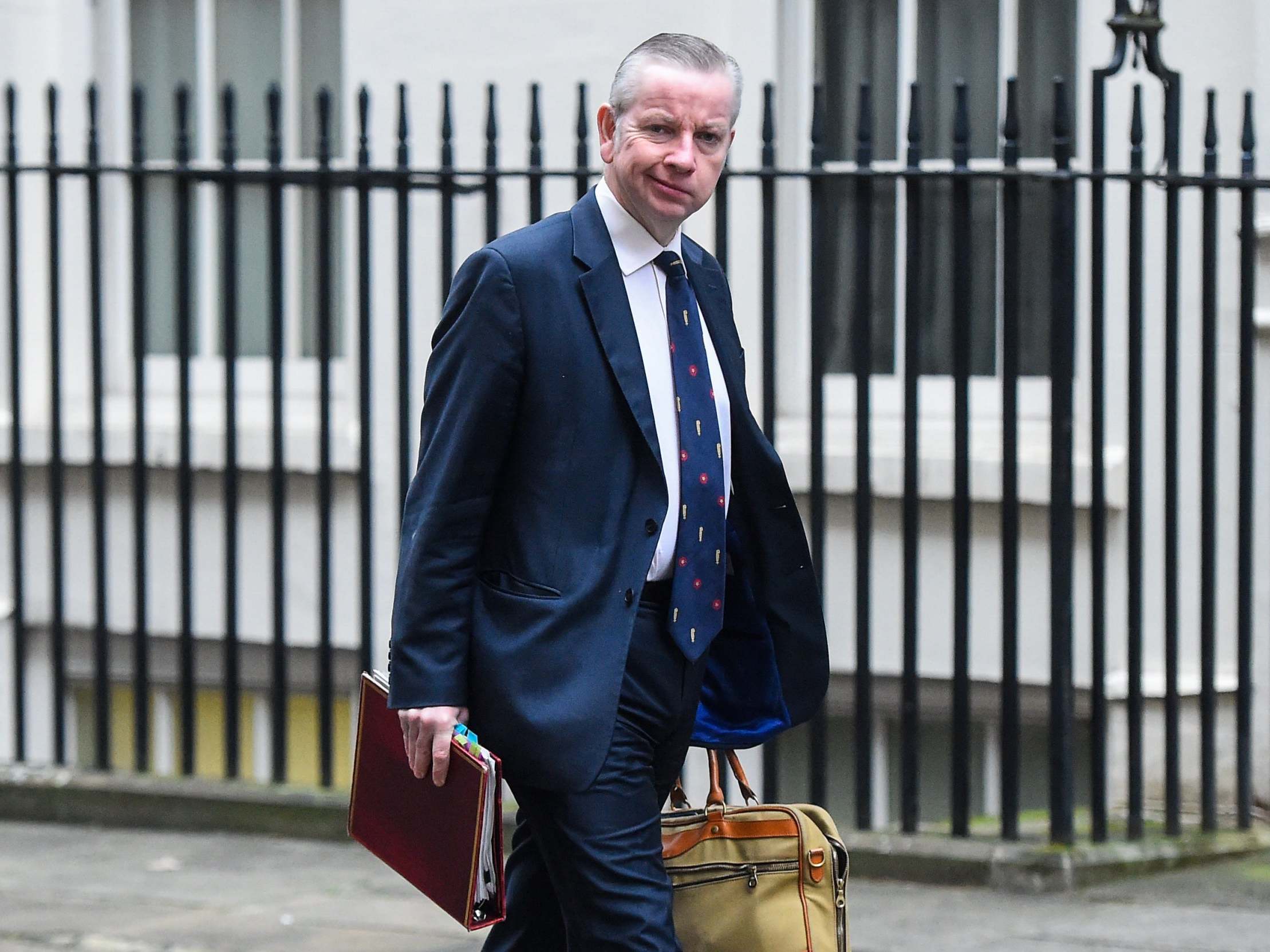Coronavirus: Had enough of experts? This government is turning to them like never before
The advantage of highlighting expert advice is that you can blame them when it all goes wrong, writes Sean O'Grady


The deep irony of Michael “people in this country have had enough of experts” Gove solemnly reassuring an anxious public that the government is being guided by the best expert advice had not been lost on anyone. That Mr Gove can say such things with such a poker face is a tribute, of sorts, to his political skills.
One of the most remarkable innovations during this crisis has been the rise, or perhaps restoration, of the rule of the expert in public life. When the public need to learn more about the coronavirus, why it spreads so quickly and what we can do to try and avoid it, they turn to a range of scientists and, yes, to some journalists for the closest approximation to the truth as can be attempted. Never before have so many doctors and scientists popped up on television. The public do not, on the whole, turn to the politicians, though the relatively high approval ratings enjoyed by Boris Johnson suggest that trust in politics may not be as bad as some suppose, at least for the time being. But the experts carry the authority needed to get on top of a such as this.
Hence the habitual appearance of various medical and scientific officers flanking the politicians at the daily press conferences held in Downing Street and by the Scottish government. And, indeed, at the White House, where even President Trump must treat them with some respect.
The appearance of the experts has a few purposes. First, no politician with a degree in Classics or PPE (philosophy, politics and economics, in this case) can answer questions about epidemiology, or any other scientific -ology for that matter. They are forced by circumstance to have people sharing a platform with them who are under no obligation to spin the facts. The benefit, though, is that the politicians can nod sagely as they explain about infection rates and herd immunity, and hope some of that expert gravitas may rub off on them, even from two metres away.
A second advantage for the politicians is that the presence of experts and the constantly stated obligation to follow their guidance gives ministers a perfect alibi if things go awry. If, for example, it turns out that the national lockdown was ordered too late, then the prime minister can, in effect, offload the blame to the chief medical officer and the chief scientific adviser. The maxim “advisers advise, ministers decide” will be quietly dropped in such a turn of events. The experts can carry the can, fairly or not. A variation on the theme will be that the Scottish government can blame Whitehall for getting it wrong.
So far, though, both politicians and experts seem to have been getting through the crisis without too much collateral damage, despite the embarrassing self-isolation of the PM, the health secretary Matt Hancock, the CMO Chris Whitty, and now Dominic Cummings, Mr Johnson’s chief political adviser. The next few weeks, as the emergency reaches its peak, will put the credibility of the experts under unparalleled strain.
Join our commenting forum
Join thought-provoking conversations, follow other Independent readers and see their replies
Comments
Bookmark popover
Removed from bookmarks